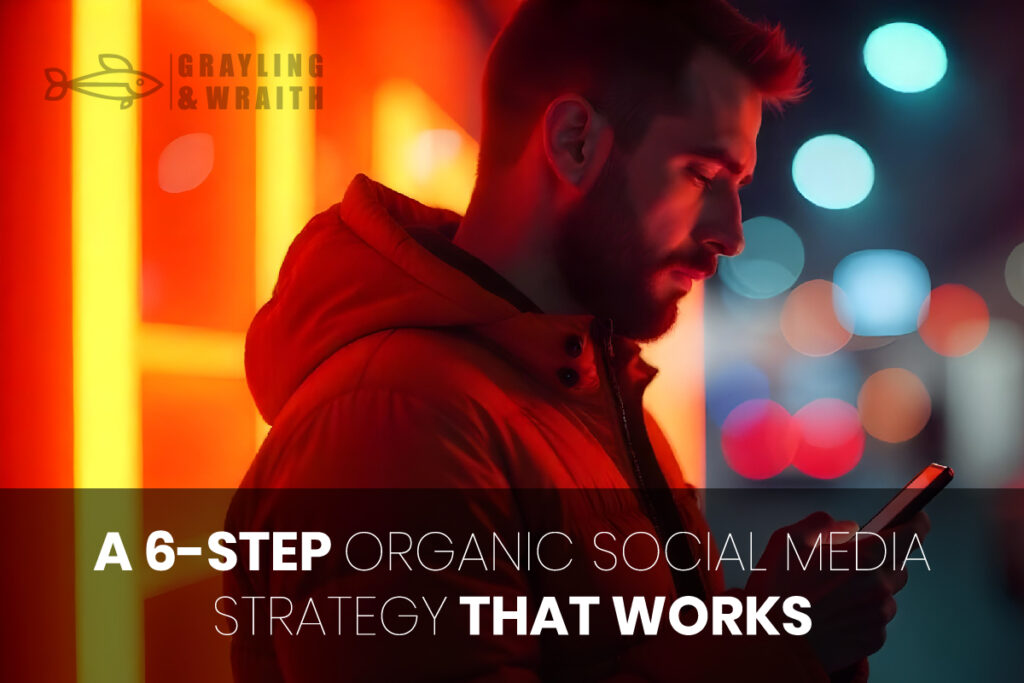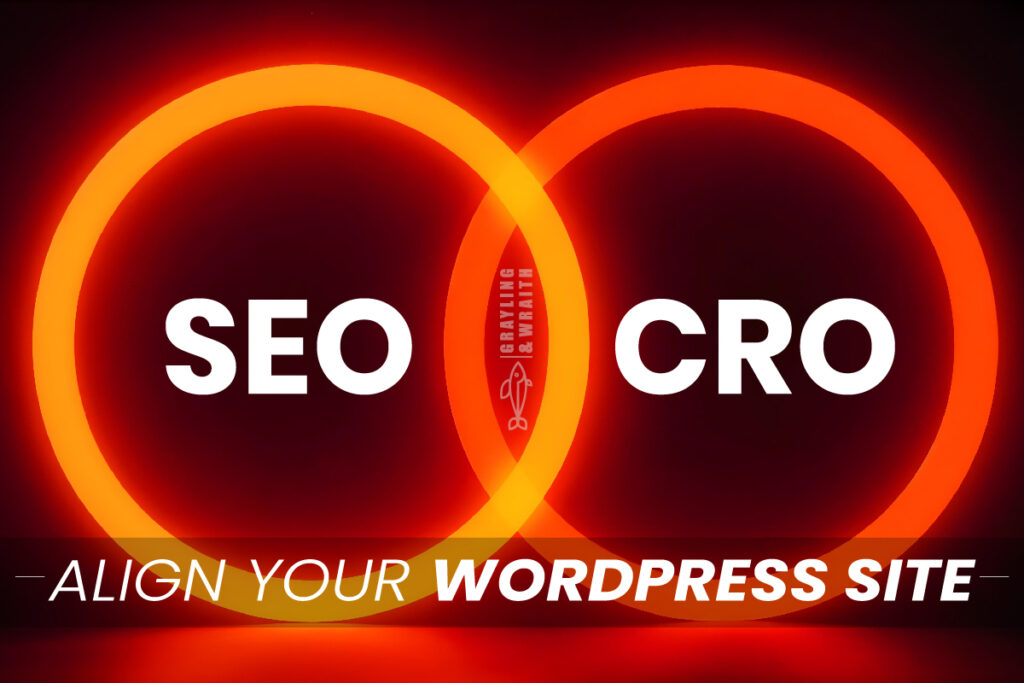Organic social media refers to the content and interactions that occur naturally on social media platforms without paid promotion. Specifically, it involves engaging with your audience through posts, comments, likes, shares, and direct messages. The primary goal, however, of organic social media is to build a genuine relationship with your audience, fostering trust and loyalty over time.
The Importance of Organic Social Media
Organic social media is crucial for several reasons. First, it allows businesses to connect with their audience authentically. By sharing valuable content and engaging in conversations, brands can build trust and credibility. Additionally, organic social media helps in understanding your audience better. Through interactions, you can gather insights into their preferences, behaviors, and feedback.
Building Trust and Credibility
One of the primary benefits of organic social media is the ability to build trust and credibility with your audience. When brands engage authentically, it humanizes the business. This, in turn, fosters a deeper connection with followers. Additionally, responding to comments and messages promptly shows that you value your audience’s input. Moreover, sharing user-generated content and testimonials can also enhance credibility.
Benefits of Authentic Engagement
- Humanizes the Brand: Authentic interactions make the brand appear more relatable and trustworthy.
- Fosters Loyalty: Engaged followers are more likely to become loyal customers.
- Encourages Word-of-mouth: Positive interactions can lead to word-of-mouth referrals, expanding your reach organically.
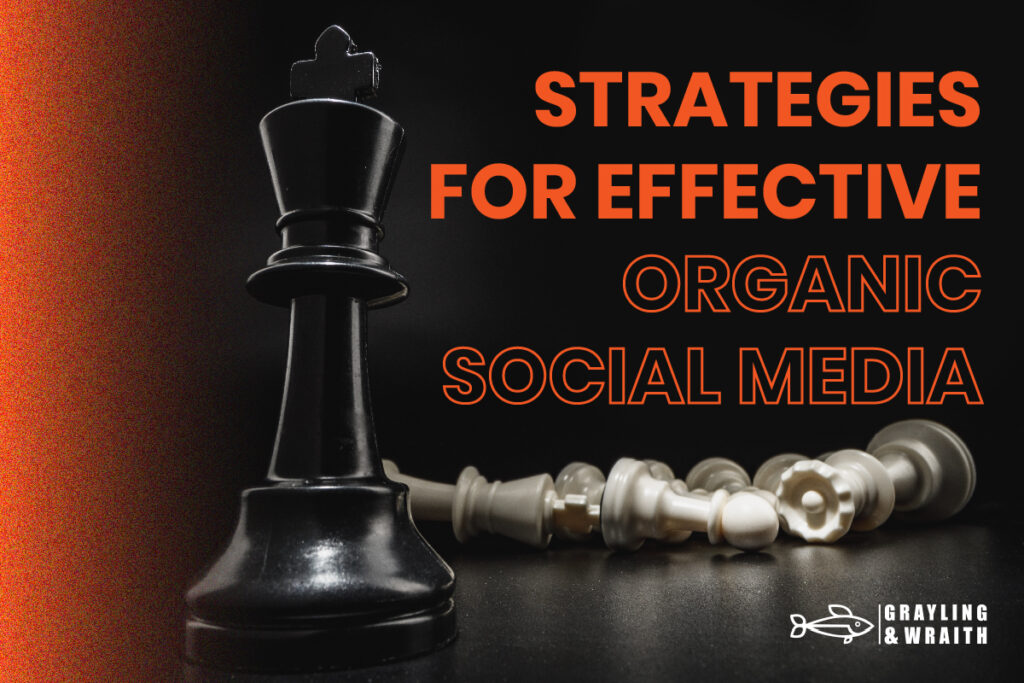
Strategies for Effective Organic Social Media
To maximize the benefits of organic social media, it’s essential to implement effective strategies. These strategies should focus on creating engaging content, fostering community interactions, and leveraging platform features.
Creating Engaging Content
Content is the cornerstone of organic social media. To capture your audience’s attention, your content must be engaging and relevant. Use a mix of content types, including images, videos, and stories, to keep your feed dynamic. Educational posts, behind-the-scenes glimpses, and user-generated content are particularly effective.
Types of Engaging Content
- Educational Posts: Share tips, tutorials, and industry insights to provide value to your audience.
- Behind-the-Scenes Glimpses: Give followers a look into your company’s culture and processes.
- User-Generated Content: Encourage your audience to share their experiences with your brand.
Tips for Content Creation
- Consistency: Post regularly to keep your audience engaged.
- Quality Over Quantity: Focus on creating high-quality content rather than posting frequently.
- Visual Appeal: Use high-quality images and videos to make your posts stand out.
Fostering Community Interactions
Building a community around your brand is essential for organic social media success. To begin with, encourage followers to engage with your content by asking questions, hosting contests, and creating interactive polls. Furthermore, responding to comments and messages promptly shows that you value your audience’s engagement.
Encouraging User Interaction
- Ask Questions: Post questions that invite your audience to share their opinions.
- Host Contests: Create fun and rewarding contests to boost engagement.
- Interactive Polls: Use polls to gather insights and involve your audience in decision-making.
Benefits of Community Building
- Increased Engagement: Active communities have higher engagement rates.
- Feedback and Insights: Direct interactions provide valuable feedback and insights.
- Brand Advocacy: Engaged community members can become brand advocates.
Leveraging Platform Features
Each social media platform offers unique features that can enhance your organic reach. Understanding and utilizing these features effectively can significantly impact your social media strategy.
Utilizing Platform-Specific Features
Different platforms offer various tools and features that can enhance your organic social media efforts. For example, Instagram Stories and Reels can boost visibility and engagement. Similarly, LinkedIn’s article publishing feature can establish thought leadership in your industry.
Platform Features to Explore
- Instagram Stories and Reels: Use these features to create short, engaging content that captures attention.
- LinkedIn Articles: Publish in-depth articles to showcase your expertise and build authority.
- Facebook Groups: Create and manage groups to foster a community around your brand.
Maximizing Feature Use
- Experiment with New Tools: Regularly explore and experiment with new platform features.
- Analyze Performance: Track the performance of different features to understand what works best.
- Adapt and Evolve: Stay updated with platform changes and adapt your strategy accordingly.
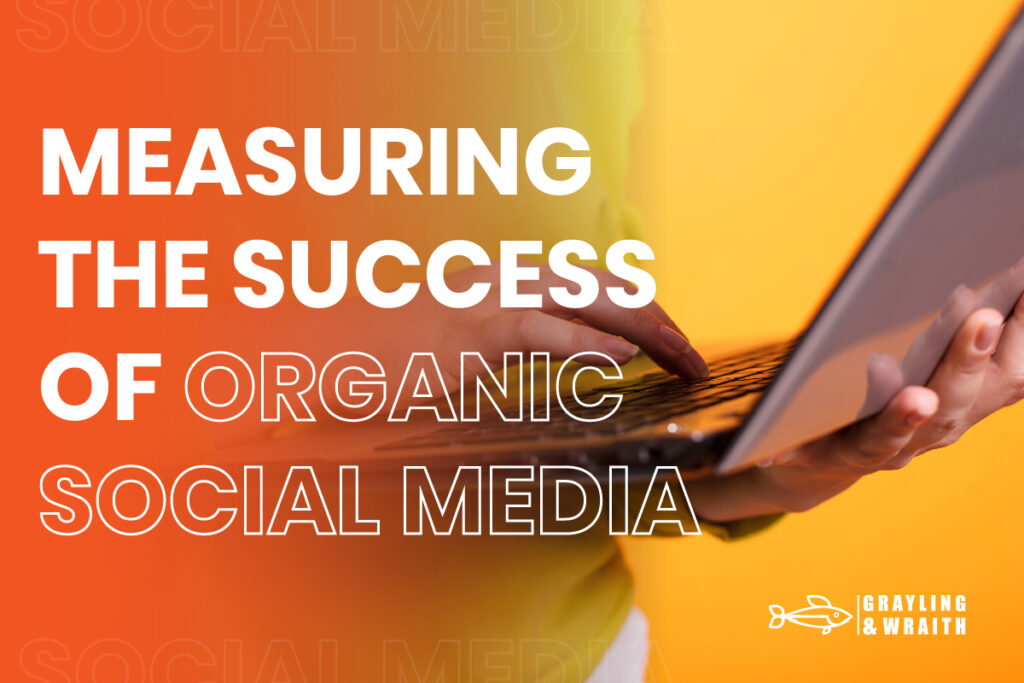
Measuring the Success of Organic Social Media
To ensure your organic social media efforts are effective, it’s crucial to measure their success. Key performance indicators (KPIs) such as engagement rates, follower growth, and website traffic can provide valuable insights.
Key Performance Indicators (KPIs)
- Engagement Rates: Monitor likes, comments, and shares to gauge how well your content resonates with your audience.
- Follower Growth: Track the growth of your follower base over time.
- Website Traffic: Analyze the amount of traffic driven to your website from social media platforms.
Analyzing Engagement Rates
Engagement rates are a vital metric for assessing the effectiveness of your content. Firstly, high engagement rates indicate that your audience finds your content valuable and engaging. Additionally, tools like Facebook Insights, Instagram Analytics, and Twitter Analytics can help you track and analyze these metrics.
Tracking Follower Growth
Monitoring your follower growth can provide insights into your brand’s popularity and reach. A steady increase in followers suggests that your content and engagement strategies are effective. However, sudden spikes or drops may indicate issues that need addressing.
Measuring Website Traffic
Website traffic from social media is an essential KPI. Firstly, it indicates how effective your social media efforts are in driving users to your site. To accurately measure this, use tools like Google Analytics to track this metric and understand the user journey from social media to your website.
Best Practices for Organic Social Media
To excel in organic social media, adhere to best practices that enhance your strategy’s effectiveness. These practices involve staying consistent, being authentic, and continuously learning from your audience.
Consistency is Key
Maintaining a consistent posting schedule helps keep your audience engaged and informed. You can also use social media management tools to plan and schedule your posts in advance. Consistency extends to your brand voice and visual style.
Authenticity Matters
Firstly, authenticity is crucial in building trust with your audience. To begin with, share genuine stories, be transparent about your brand’s values, and avoid overly polished or scripted content. Ultimately, authentic interactions resonate more with users and foster stronger connections.
Continuous Learning and Adaptation
Social media trends and algorithms are constantly evolving. Stay updated with the latest trends, and be willing to adapt your strategy accordingly. Regularly review your performance metrics to identify areas for improvement and refine your approach.
Common Challenges in Organic Social Media
While organic social media offers many benefits, it also comes with its set of challenges. Understanding these challenges and finding ways to overcome them is crucial for success.
Decreasing Organic Reach
One of the biggest challenges in organic social media is the decreasing reach of organic posts. Social media algorithms often prioritize paid content, making it harder for organic posts to be seen.
Strategies to Combat Decreasing Reach
- Engage Immediately: Promptly respond to comments and messages to boost engagement.
- Post at Optimal Times: Identify when your audience is most active and schedule posts accordingly.
- Encourage Sharing: Create shareable content that encourages your audience to spread the word.
Creating Consistent Quality Content
Maintaining a consistent flow of high-quality content can be challenging, especially for small businesses with limited resources.
Tips for Consistent Content Creation
- Content Calendar: Plan your content using a content calendar.
- User-Generated Content: Leverage content created by your audience to fill gaps.
- Repurpose Content: Use existing content in new formats, such as turning a blog post into an infographic.
Engaging a Diverse Audience
Social media platforms host a diverse audience with varying interests and preferences. Engaging this diverse audience can be challenging.
Tailoring Content for Diverse Audiences
- Segment Your Audience: Create different types of content for different audience segments.
- Use Analytics: Track performance metrics to understand what content resonates with different segments.
- Stay Inclusive: Ensure your content is inclusive and representative of your diverse audience.

The Future of Organic Social Media
The landscape of organic social media is continuously evolving. Staying ahead of trends and adapting your strategy is essential for long-term success.
Emerging Trends in Organic Social Media
- Short-Form Video Content: Platforms like TikTok and Instagram Reels are driving the popularity of short-form video content.
- Social Commerce: Integrating shopping features directly into social media platforms is becoming increasingly common.
- Augmented Reality (AR): AR filters and experiences are enhancing user engagement on platforms like Instagram and Snapchat.
Adapting to Trends
- Experiment with Video: Incorporate short-form videos into your content strategy.
- Leverage Social Commerce: Use features like Instagram Shopping to drive sales directly from your social media profiles.
- Explore AR: Create AR filters and experiences to engage your audience in new and innovative ways.
Case Studies of Successful Organic Social Media Campaigns
To understand the impact and potential of organic social media, let’s explore some real-world examples of successful campaigns.
Case Study 1: Starbucks’ User-Generated Content Campaign
Starbucks effectively utilized user-generated content to boost engagement and brand loyalty. By doing so, they encouraged customers to share photos of their drinks with a branded hashtag. As a result, Starbucks created a sense of community and generated a wealth of organic content.
Key Takeaways from Starbucks
- Engagement: Inviting customers to share their experiences encourages active participation.
- Community Building: Creating a branded hashtag fosters a sense of belonging among followers.
- Content Volume: User-generated content provides a steady stream of fresh content for the brand.
Case Study 2: GoPro’s Adventure Storytelling
GoPro leverages organic social media by sharing breathtaking videos and photos captured by its customers. This strategy not only showcases the product’s capabilities but also builds a community of adventure enthusiasts.
Key Takeaways from GoPro
- Showcase Product Use: Highlighting real-life use cases demonstrates the product’s value.
- Community Engagement: Sharing customer stories builds a strong brand community.
- High-Quality Content: Stunning visuals captivate the audience and drive engagement.
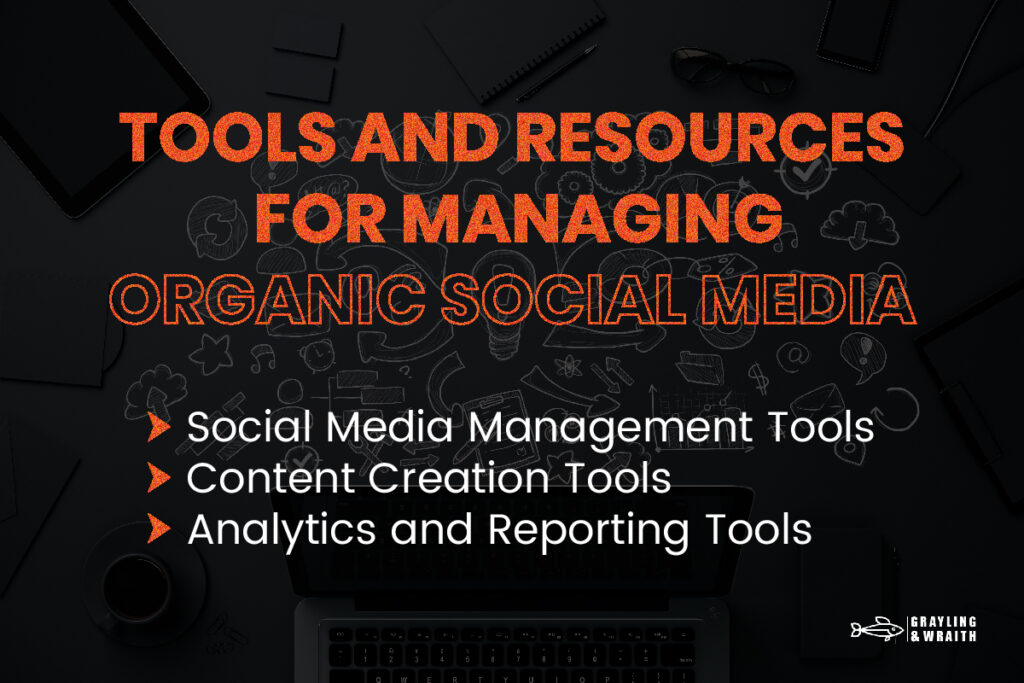
Tools and Resources for Managing Organic Social Media
Effectively managing organic social media requires the right tools and resources. Here are some essential tools that can help streamline your efforts.
Social Media Management Tools
- Hootsuite: Schedule posts, track engagement, and manage multiple social media accounts from one dashboard.
- Buffer: Plan and schedule your social media content in advance, and analyze performance metrics.
- Sprout Social: Offers robust analytics, social listening, and management features.
Content Creation Tools
- Canva: Design visually appealing graphics and social media posts with ease.
- Adobe Spark: Create stunning visuals and videos for social media.
- Lumen5: Transform blog posts into engaging videos for social media.
Analytics and Reporting Tools
- Google Analytics: Track website traffic from social media and analyze user behavior.
- Facebook Insights: Monitor engagement metrics and audience demographics on Facebook.
- Twitter Analytics: Measure tweet performance and track follower growth.
How to Develop a Comprehensive Organic Social Media Strategy
Creating a comprehensive organic social media strategy involves several steps. Here’s a guide to help you develop a strategy that aligns with your business goals.
Define Your Goals
Start by defining what you want to achieve with your organic social media efforts. Common goals include increasing brand awareness, driving website traffic, and improving customer engagement.
Setting SMART Goals
- Specific: Clearly define what you want to achieve.
- Measurable: Ensure your goals can be tracked and measured.
- Achievable: Set realistic and attainable goals.
- Relevant: Align your goals with your overall business objectives.
- Time-Bound: Set a timeline for achieving your goals.
Identify Your Target Audience
Understanding your target audience is crucial for creating content that resonates. Conduct market research to gather insights into your audience’s demographics, interests, and behaviors.
Creating Audience Personas
- Demographics: Age, gender, location, income, education level.
- Interests: Hobbies, preferences, online behavior.
- Challenges: Pain points and challenges your audience faces.
Develop a Content Plan
Create a content plan that outlines the types of content you will post and the frequency of your posts. Include a mix of content types to keep your audience engaged.
Content Types to Include
- Educational: Blog posts, how-to guides, tutorials.
- Entertaining: Memes, funny videos, behind-the-scenes.
- Inspirational: Quotes, success stories, motivational posts.
- Interactive: Polls, Q&A sessions, contests.
Monitor and Adjust Your Strategy
Regularly monitor the performance of your organic social media efforts. Use analytics tools to track key metrics and adjust your strategy based on the insights you gather.
Key Metrics to Monitor
- Engagement Rates: Likes, comments, shares, and interactions.
- Reach and Impressions: Number of people who see your posts.
- Follower Growth: Increase in the number of followers over time.
- Website Traffic: Number of visitors coming to your website from social media.

Let’s summarize
Understanding “what is organic social media” and implementing effective strategies can significantly benefit your brand. By creating engaging content, fostering community interactions, and leveraging platform features, you can build a strong organic social media presence. Additionally, remember to measure your success through key performance indicators to continually refine and improve your strategy. Moreover, consistency, authenticity, and continuous learning are essential components of a successful organic social media strategy. Furthermore, overcoming challenges and staying ahead of emerging trends will help ensure your organic social media efforts remain effective and impactful.
To dive deeper into organic social media strategies, read our article Organic Social Media: Develop Your Brand’s Content Strategy.












